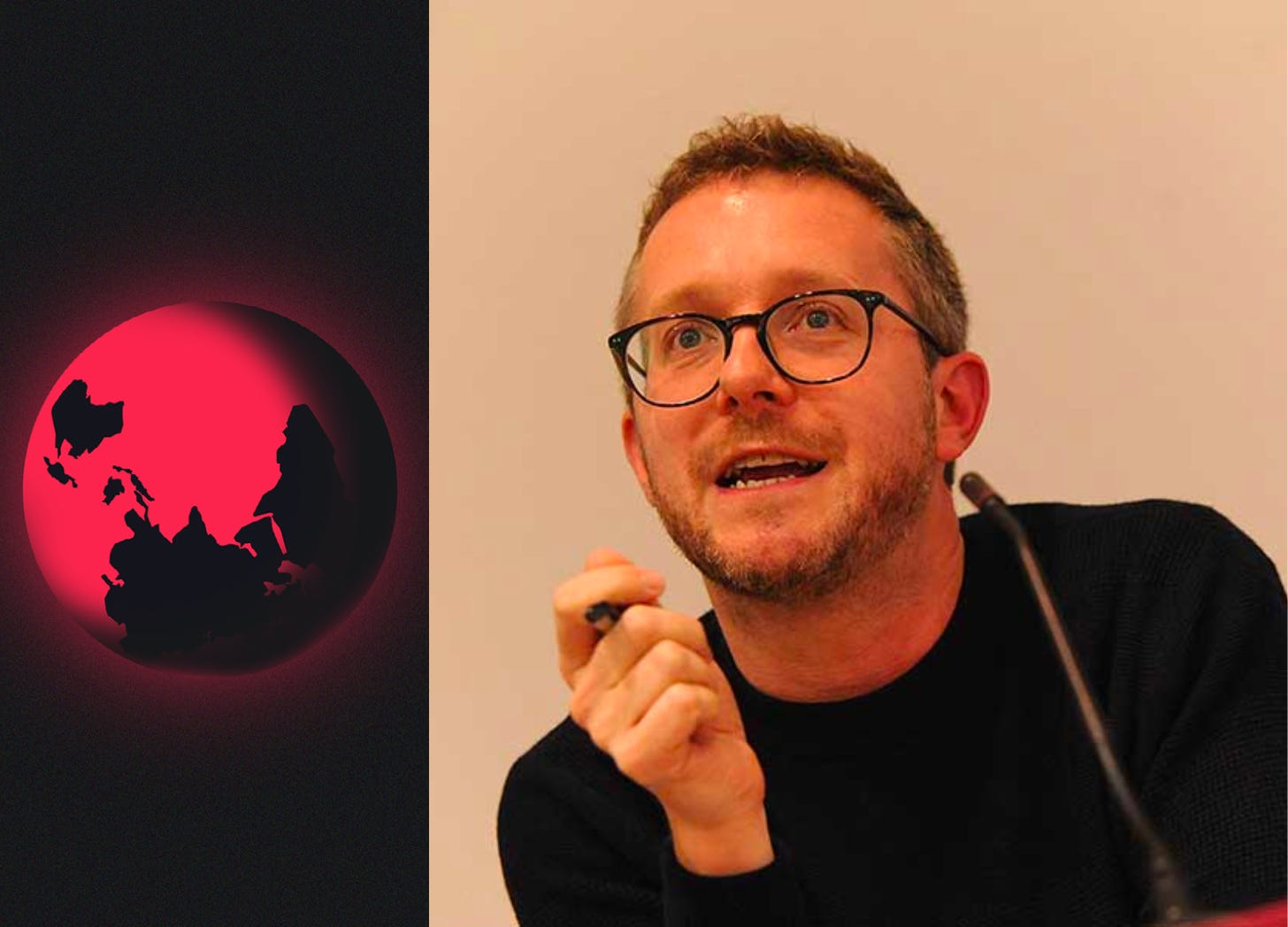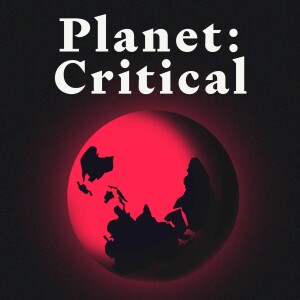
“If you think about how you might get out of this and get to something better, what really matters is the distribution of resources. Who has what? Who holds the wealth? And what are they doing with it? Government borrowing and quantitative easing, this sort of thing, can change some of that, but really when you get down to it, you're going to have to think about how you're going to tax some of that wealth because you need to shift actual resources around. The most effective mechanism we have for doing that is taxation.”
Economics is a pretty bizarre field: A social science masquerading as an actual science, economics inflexibly dictates life, relationships, election manifestos and policy despite none of it being set in stone. The beauty of economics is we can radically overhaul our economic systems and institutions to better serve us, rather than being prey to the outputs of a haggard and worn out system. Such a realisation is, though, beyond the imagination of most economic leaders.
But there are economists out there working to debunk the myths, cut through the noise, and creating policies which would serve both people and planet. James Meadway—former treasury advisor, member of the Progressive Economy Forum council, and the host of the Macrodose podcast—is one of them. He joins me to discuss the emergency and long-term policies we should implement to navigate the climate crisis, the economic crisis, and to radically overhaul and transition our societies to those which support life over productivity. We discuss some alternative frameworks that are being researched around the world, including de-growth and modern monetary theory, whilst James insists that which needs to be re-evaluated is value itself.
Planet: Critical investigates why the world is in crisis—and what to do about it. Support the project with a paid subscription.
Get full access to Planet: Critical at www.planetcritical.com/subscribe
More Episodes
 2023-08-31
2023-08-31
 2023-08-24
2023-08-24
 2023-08-10
2023-08-10
 2023-07-20
2023-07-20
 2023-07-06
2023-07-06
 2023-06-29
2023-06-29
 2023-06-22
2023-06-22
 2023-06-08
2023-06-08
 2023-06-01
2023-06-01
 2023-05-25
2023-05-25
Create your
podcast in
minutes
- Full-featured podcast site
- Unlimited storage and bandwidth
- Comprehensive podcast stats
- Distribute to Apple Podcasts, Spotify, and more
- Make money with your podcast
It is Free
- Privacy Policy
- Cookie Policy
- Terms of Use
- Consent Preferences
- Copyright © 2015-2024 Podbean.com






